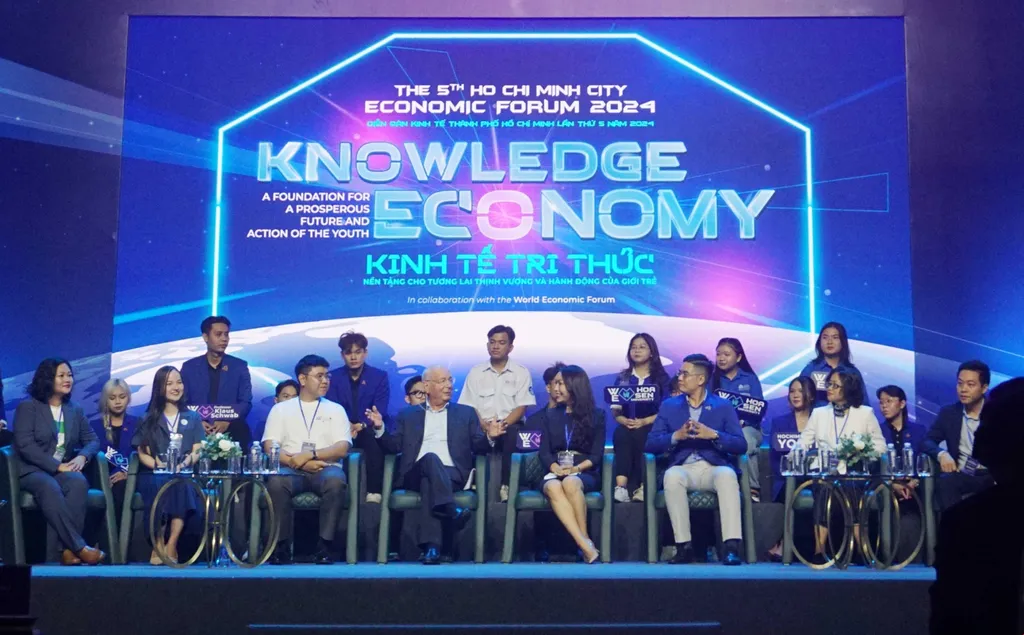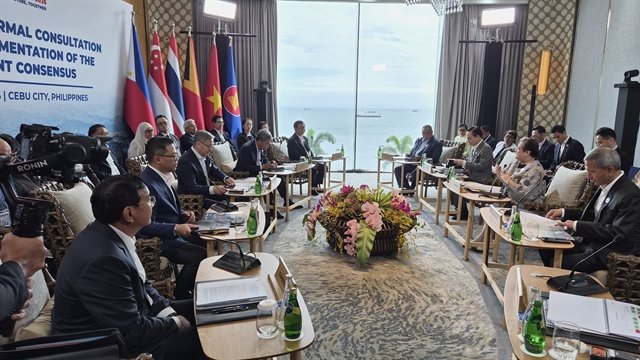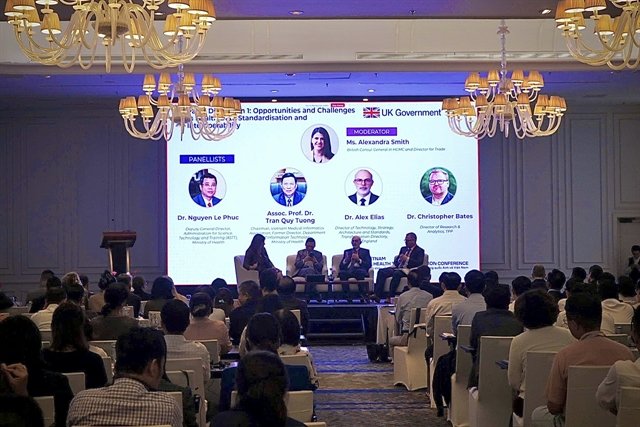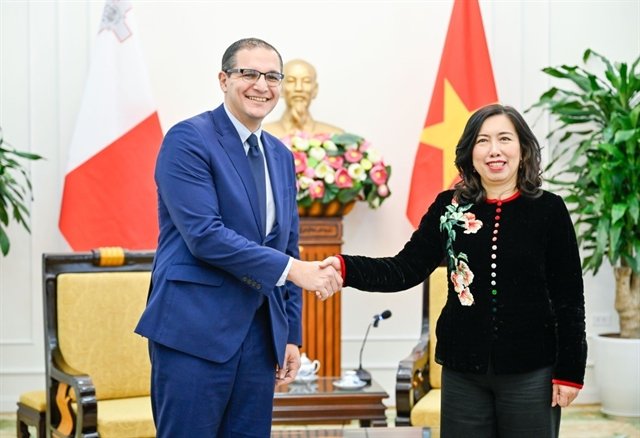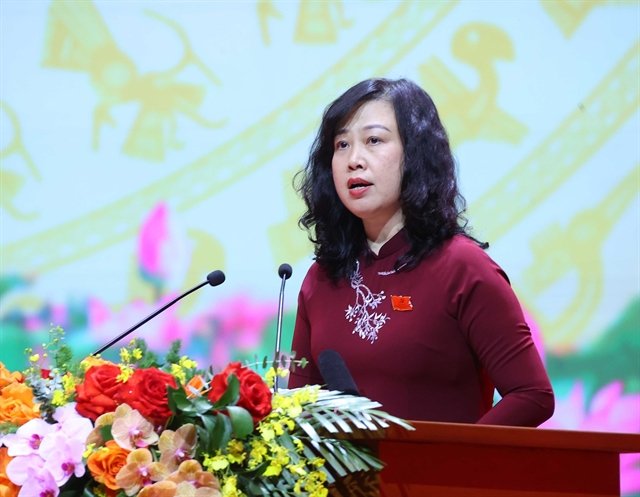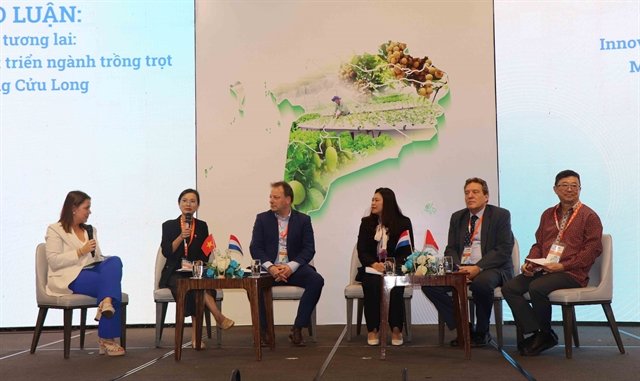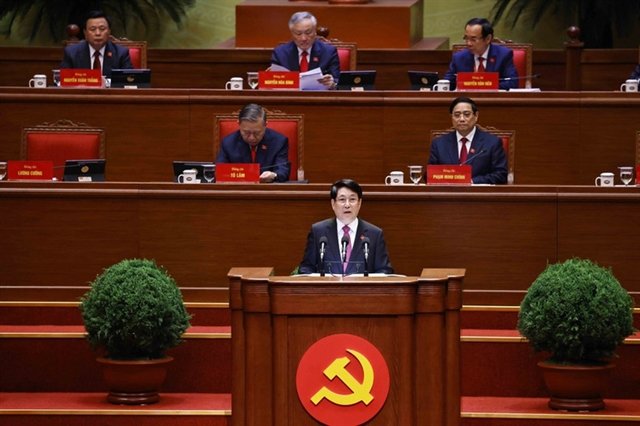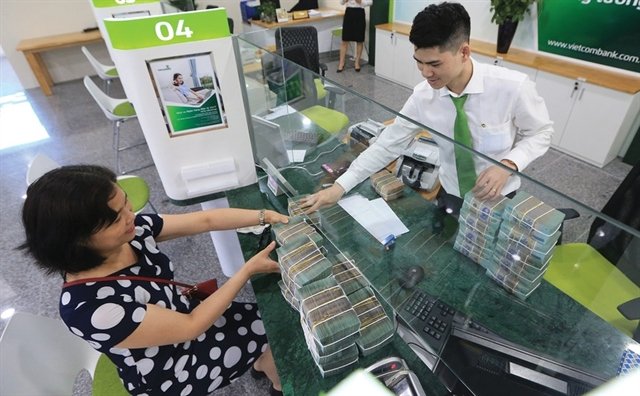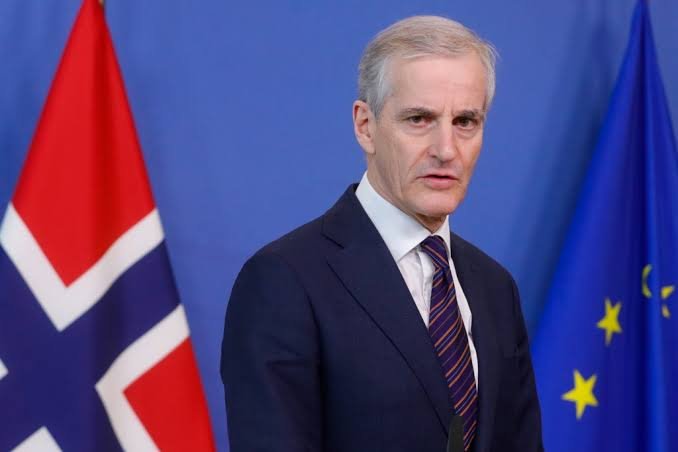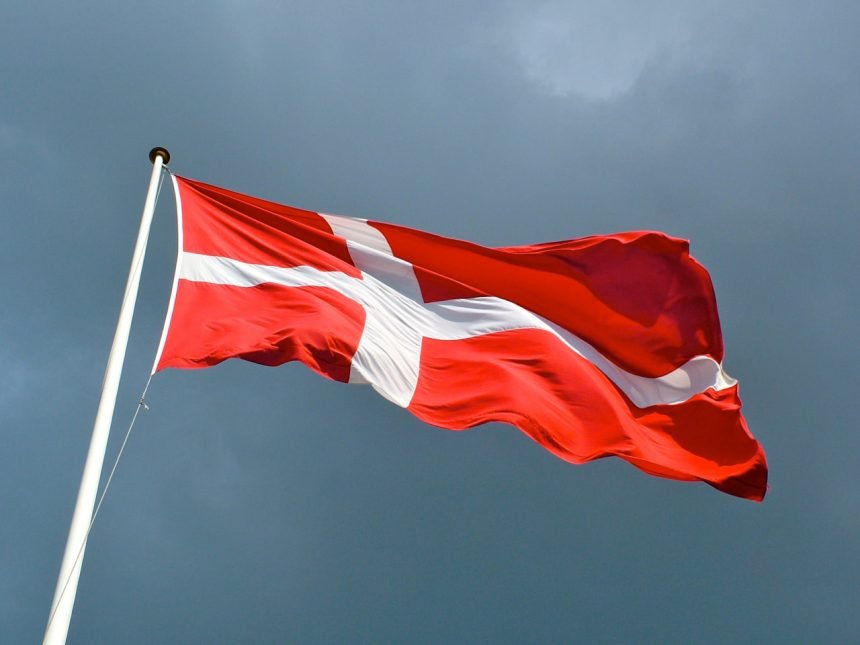HCM City, October 06, 2024 – The Europe Today: Việt Nam’s economy has the potential to reach a value of US$2 trillion by 2050, according to Professor Klaus Schwab, founder and chairman of the World Economic Forum (WEF). Speaking at a talk show hosted by the HCM City People’s Committee on Sunday, Schwab attributed this forecast to the country’s large market of over 100 million people and its strong economic growth. Việt Nam’s gross domestic product (GDP) for 2024 is expected to reach $430 billion, with a growth rate ranging from six to seven per cent.
The event, themed “Knowledge Economy – The Foundation for a Prosperous Future and Youth Action”, gathered approximately 1,200 leaders from government departments, businesses, and outstanding young citizens from HCM City. It focused on the rapid changes in the global economy, driven by globalisation and the Fourth Industrial Revolution (Industry 4.0), which call for constant development and adaptation by nations and localities.
During the talk, Schwab praised HCM City for being a leader in innovation, highlighting its proactive efforts to transform its growth model into a green, digital, and sustainable economy. He emphasized that in the face of rapid technological and informational changes, every citizen must equip themselves with new knowledge and skills to adapt and thrive.
“Building and developing a market economy is not only a trend but also an urgent requirement that must go hand in hand with industrial transformation,” Schwab noted. He stressed the importance of human resources as the primary driving force in advancing the market economy, adding that the transition from a traditional to a market economy requires a comprehensive and harmonious restructuring process.
Chairman of the HCM City People’s Committee, Phan Văn Mãi, echoed these sentiments, stating that the city is on track to achieve its dual goals of green and digital transformation to boost economic growth. He highlighted HCM City’s role as a national hub for talent, nurturing and developing high-quality human resources.
Mãi also pointed to the city’s annual science and technology innovation competitions, which attract thousands of ideas and projects from students and young scientists. Many of these initiatives focus on technology, new materials, and environmental engineering, showcasing the youth’s capacity for innovation and their contributions to building a sustainable market economy.
Mãi expressed his hope that the city’s youth would continue to work together to build a stronger future. “The market economy is the future, and the actions of the young generation will be the decisive factor for success,” he said.
Associate Professor Võ Thị Ngọc Thuý, Principal of Hoa Sen University, added that young people are the core force driving the market economy. “Beyond professional knowledge, the younger generation needs enthusiasm, innovative thinking, and a spirit of dedication. Every step they take, every start-up idea, and every innovation initiative contributes to the common prosperity,” she said.
The event underscored the crucial role of youth in Việt Nam’s future economic development, with their innovative spirit positioned as a key factor in the country’s continued success and international integration.
